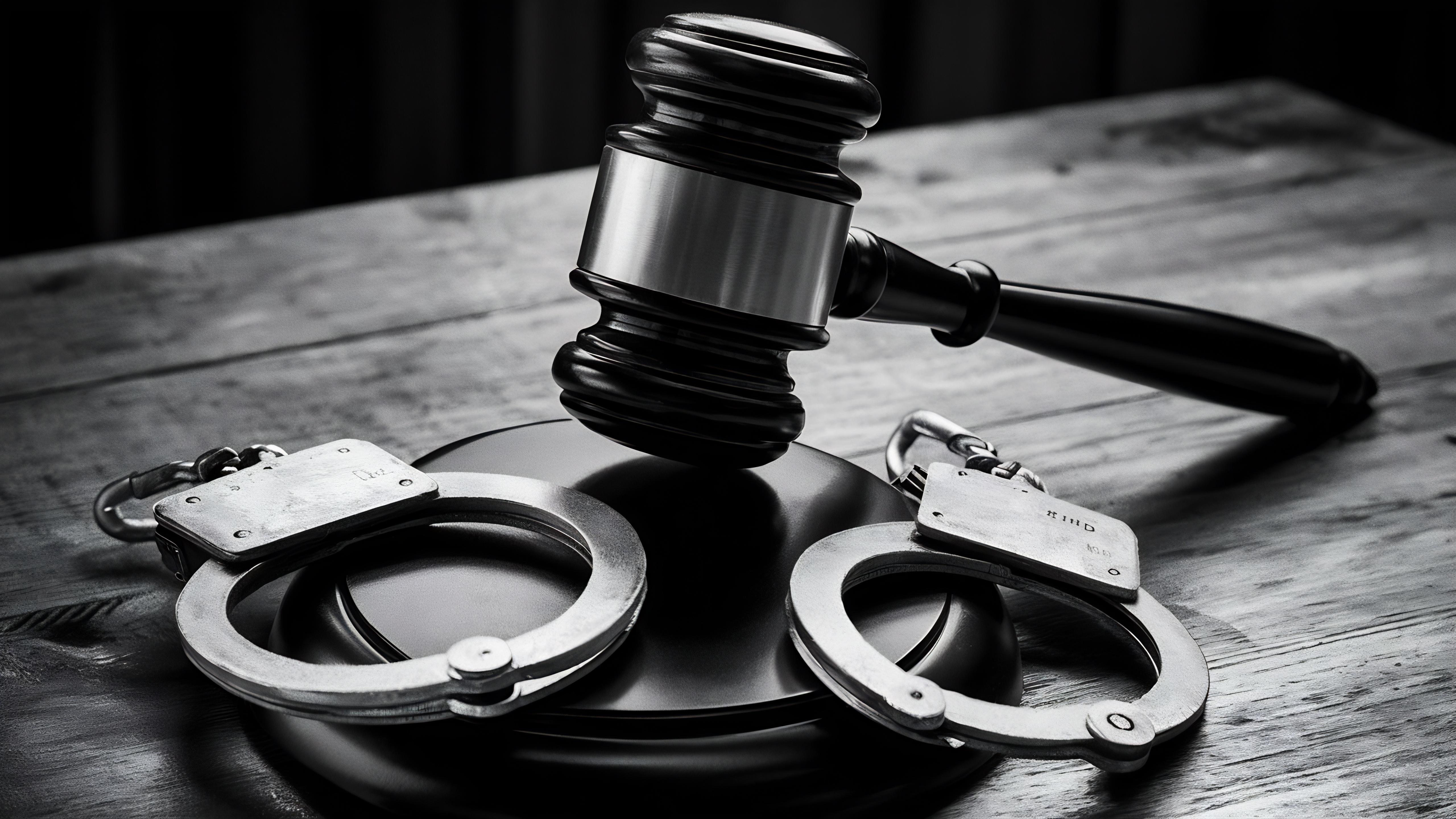- Study In India
- For Admission +91 960577 1555
- Contact US

Criminal Law in the Age of Social Media: Challenges and Reforms
A Legal Insight by Nehru Academy of Law, Palakkad, Kerala
JUL 15,2025.
In a digital-first world, the boundaries between public and private spheres are increasingly blurred. Social media, once a tool for connection and expression, has become a space where crimes are committed, witnessed, and even judged. As society evolves, so must the law that governs it.
At Nehru Academy of Law, we believe that future legal professionals must understand the unique challenges and reform opportunities that social media presents to criminal law. In a digital-first world, the boundaries between public and private field are increasingly blurred. Social media, once a tool for connection and expression, has become a space where witnessed and even judged. As society evolves, so must the law govern it. At Nehru Academy of Law, Palakkad, we believe that future legal professionals must understand that unique challenges and reform opportunities that social media presents to criminal law.
The New Battlefield: Social Media & Crime
Platform like Instagram, Facebook, Twitter and Whatsapp and other social media platforms are become integral to our daily lives. And it connecting people across the globe and enabling instant communication. However, these platforms have also opened up new route and path for criminal behaviour. From subtle harassment to publicly broadcast crimes, social media has become a powerful tool for both expression and exploitation. Social media has act as a weapon that may become stab yourself.
Cyberbullying & Online Harassment
One of the most pervasive issues on social media today is cyberbullying. Victims—especially women, children, and public figures—are frequently subjected to abusive messages, threats, and stalking. The anonymity and reach of digital platforms embolden perpetrators, making it difficult for victims to seek immediate protection or justice. This form of harassment often has serious psychological consequences and, in extreme cases, leads to self-harm or suicide.
Defamation & Misinformation
The viral nature of social media makes it a breeding ground for defamation and fake news. A single post containing false allegations or edited visuals can destroy reputations in minutes. Misleading information spreads faster than verified facts, often igniting public outrage or even sparking criminal investigations based on fabricated evidence. This not only damages individual lives but can also disturb public order.
Live Streaming of Crimes
An alarming trend is the real-time broadcast of criminal activities. Incidents like mob violence, hate crimes, or even coordinated riots are sometimes streamed live for attention or intimidation. These broadcasts challenge law enforcement agencies, which must respond quickly to prevent further damage while also managing the digital trail left behind. The ethical dilemma of witnessing crime online in real time adds to the legal complexity.
Revenge Porn & Deep fakes
The misuse of technology has led to the rise of image based sexual abuse, particularly through revenge porn and AI-generated deep fake videos. Intimate images or fake content is often circulated without consent. It is causing immense emotional and social harm to victims. Deep fakes, which can convincingly manipulate someone's likeness. It is a serious threat to privacy and personal safety. Unfortunately, Indian laws still lack comprehensive provisions to fully address these emerging forms of digital abuse.
The rise of social media has redefined the landscape of crime, creating new challenges that traditional criminal law is often unequipped to handle. Crimes once confined to physical spaces now occur digitally often anonymously, instantly, and across borders making investigation and enforcement increasingly complex.
The existing legal framework in India needs urgent reform to keep pace with evolving digital threats. Laws must be updated to explicitly recognize offenses such as deepfake creation, revenge porn, coordinated trolling, and real-time hate broadcasting. Alongside stronger legislation, we need better tools for digital investigation, clearer rules on digital evidence, and faster grievance redressal systems.
Legal education must evolve too, preparing future lawyers not only to interpret laws but to lead reform. At Nehru Academy of Law, we are committed to training students who understand the intersection of law, technology, and society. Our programs in LL.B, BBA LL.B, B.Com LL.B, andLL.M in Criminal Law are designed to equip students with both traditional legal foundations and modern insights into digital-era crimes.
As the digital world expands, so must our legal consciousness. By educating tech-aware, reform-driven legal professionals, we can ensure justice remains not just reactive, but responsive capable of protecting rights and upholding dignity in every sphere, including the virtual one.
- For Admission +91 960577 1555
- Apply Online
- Download Brochure
